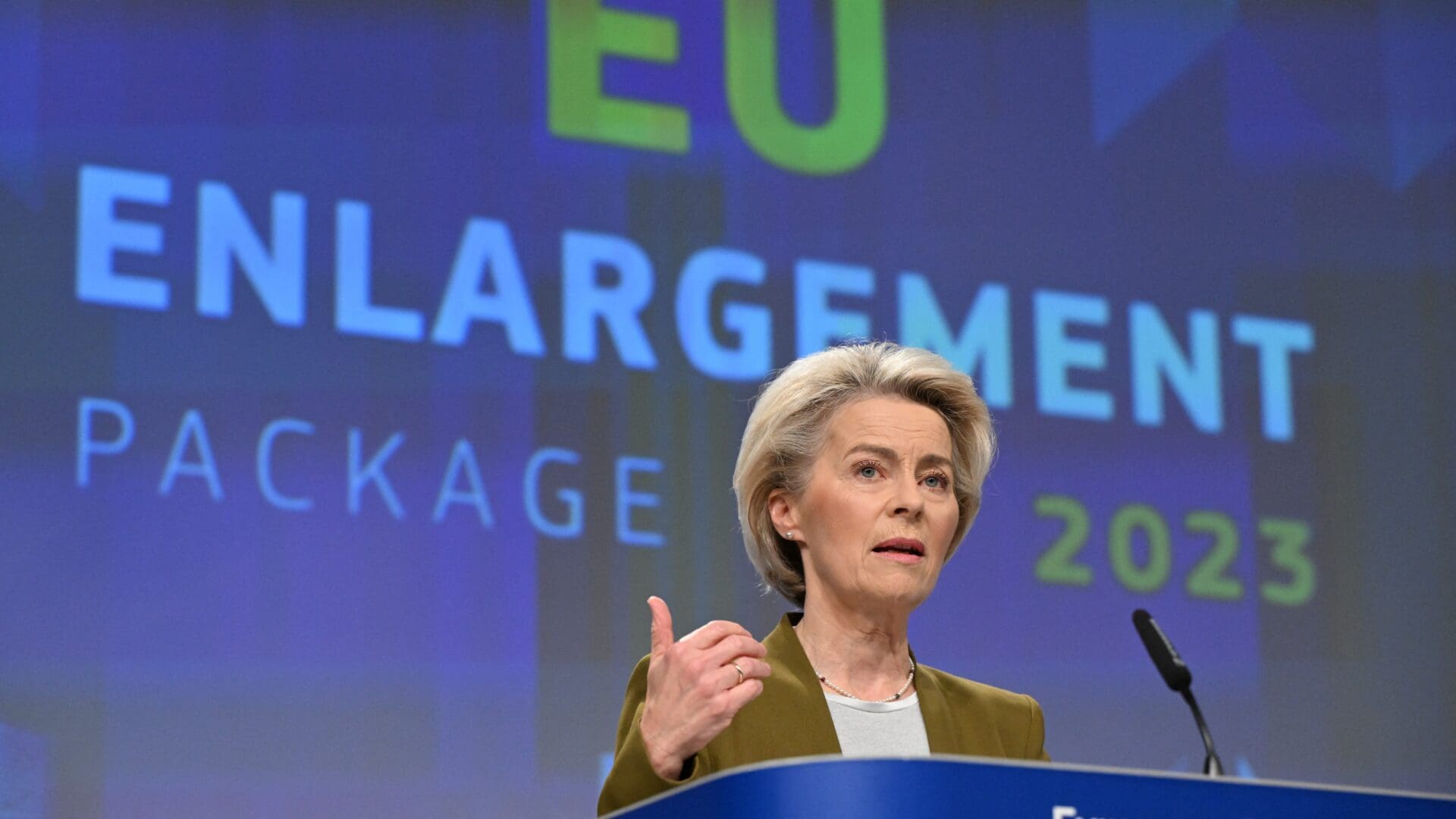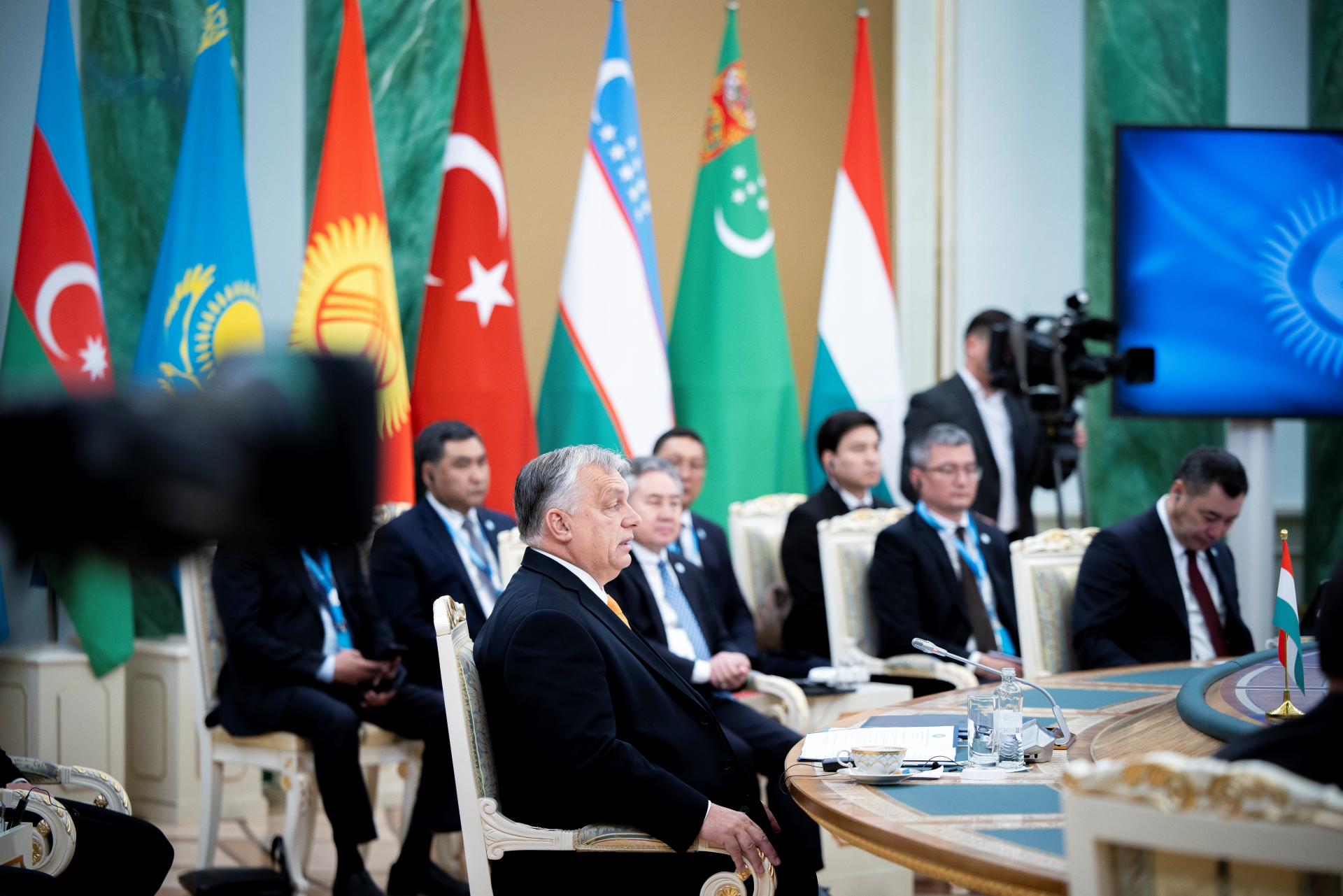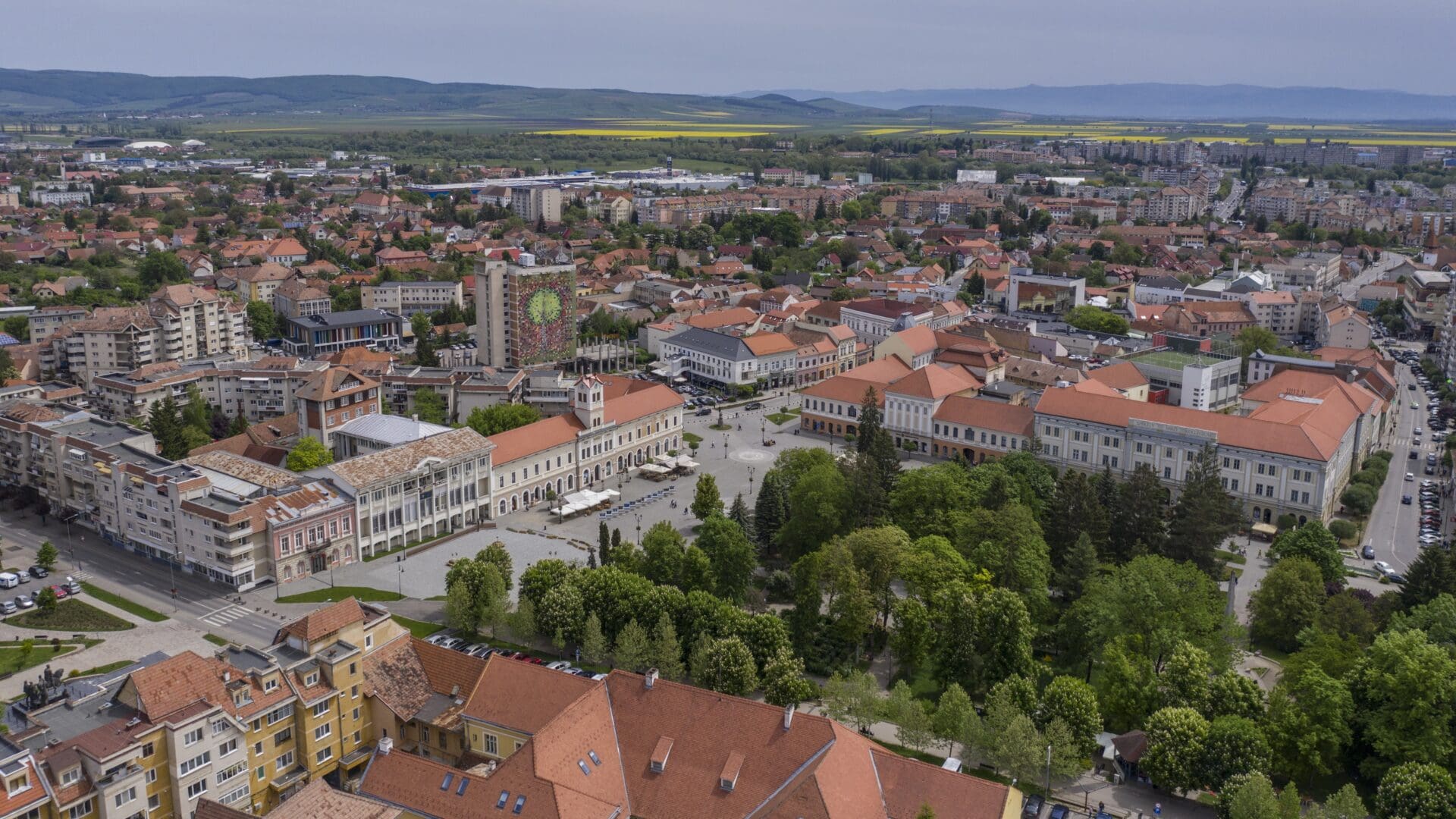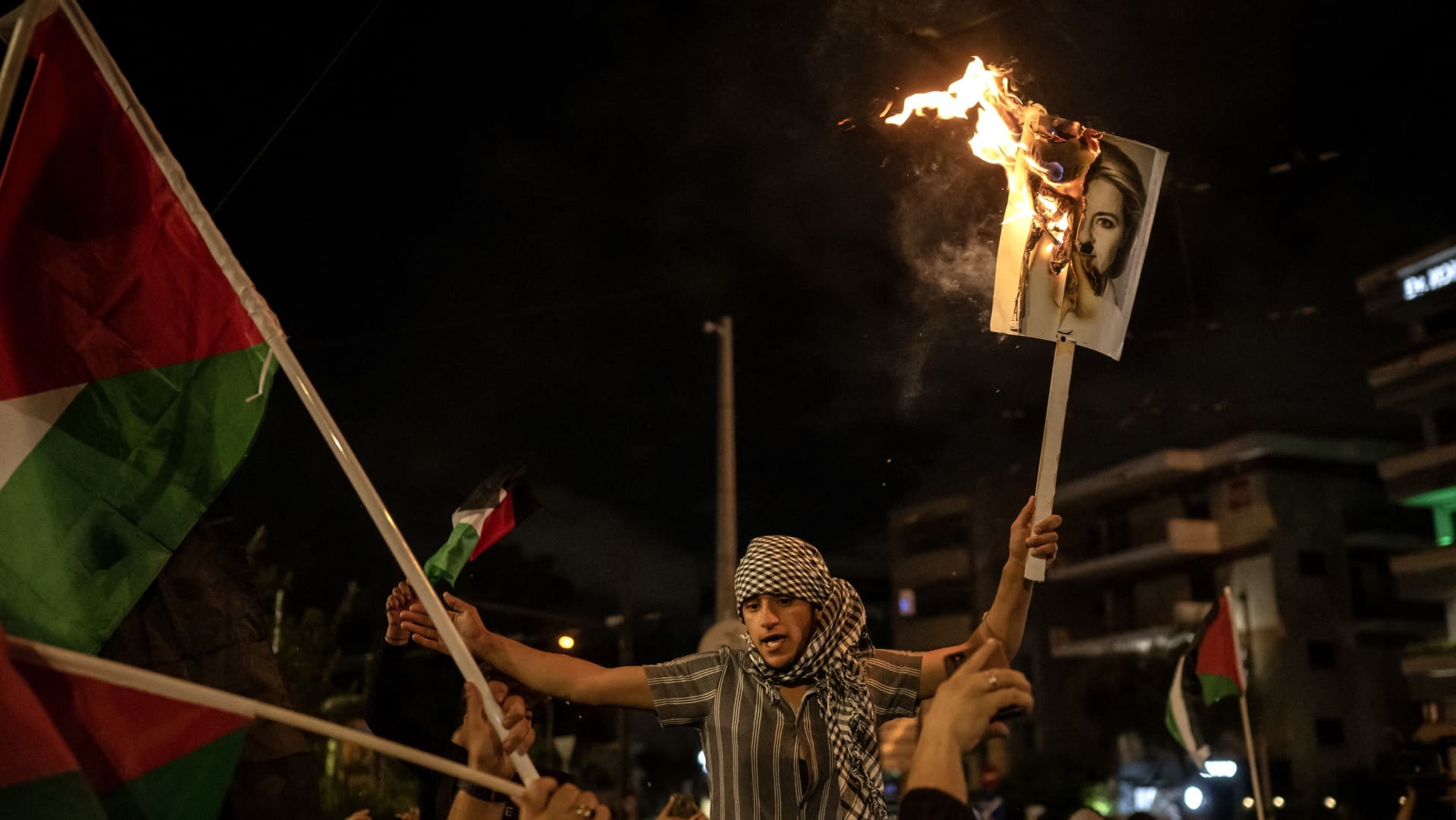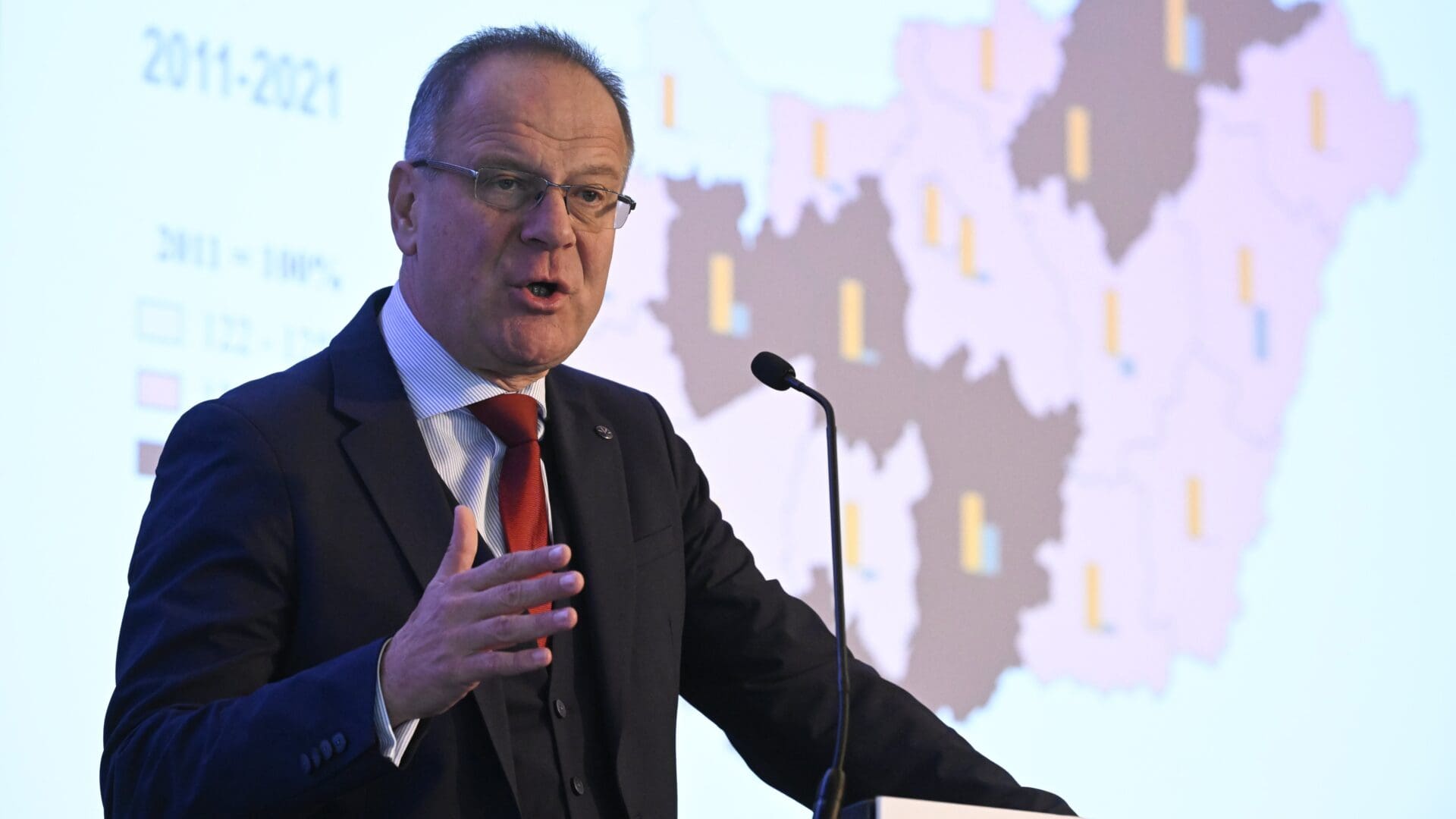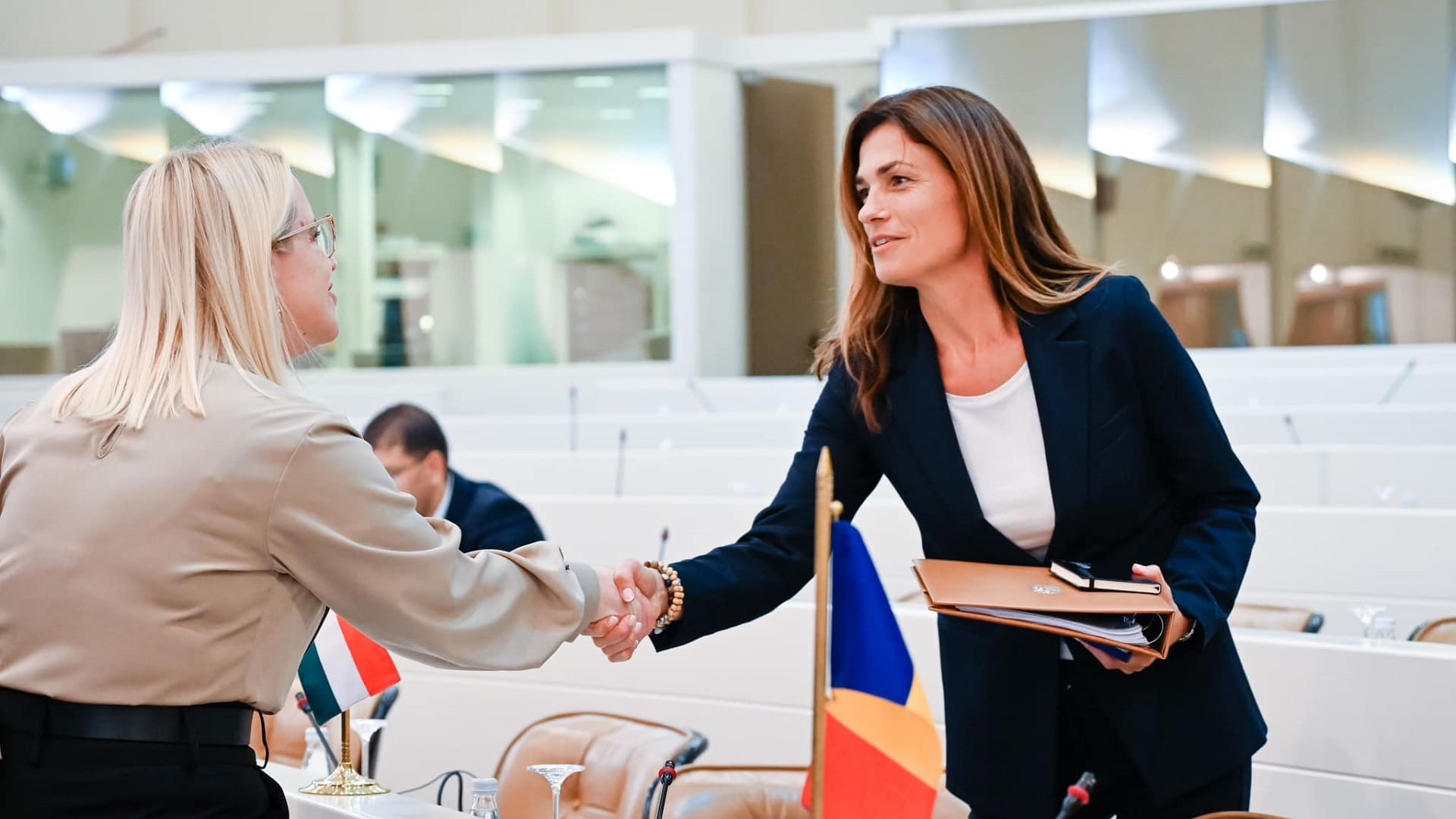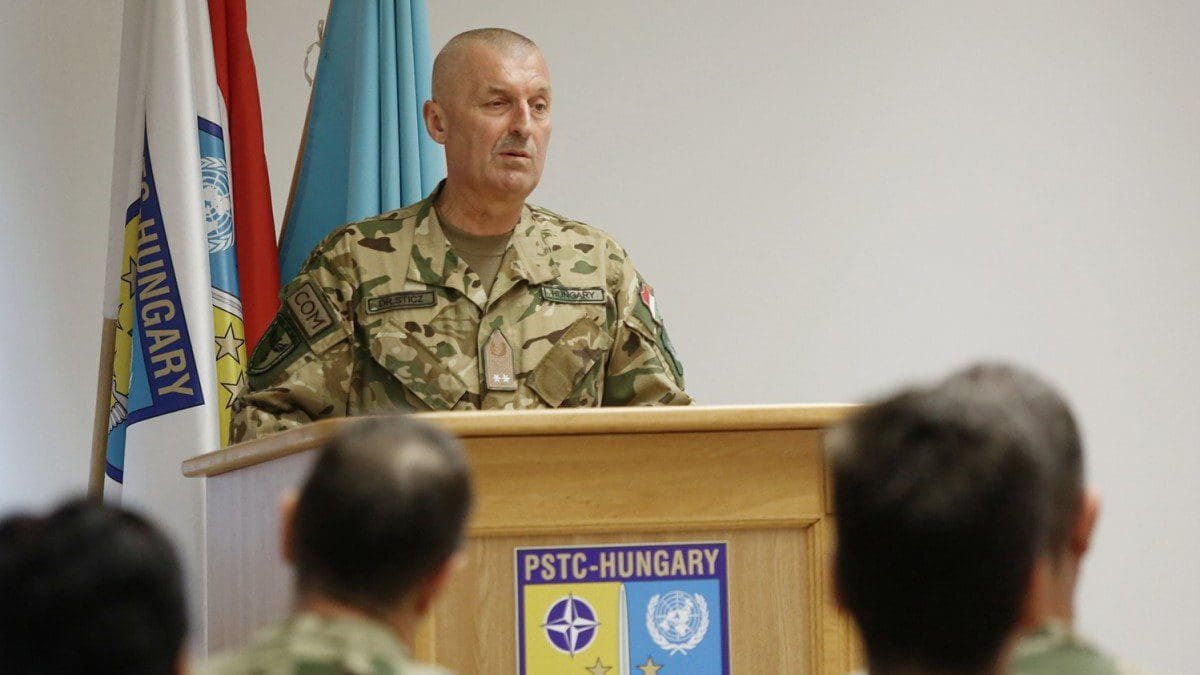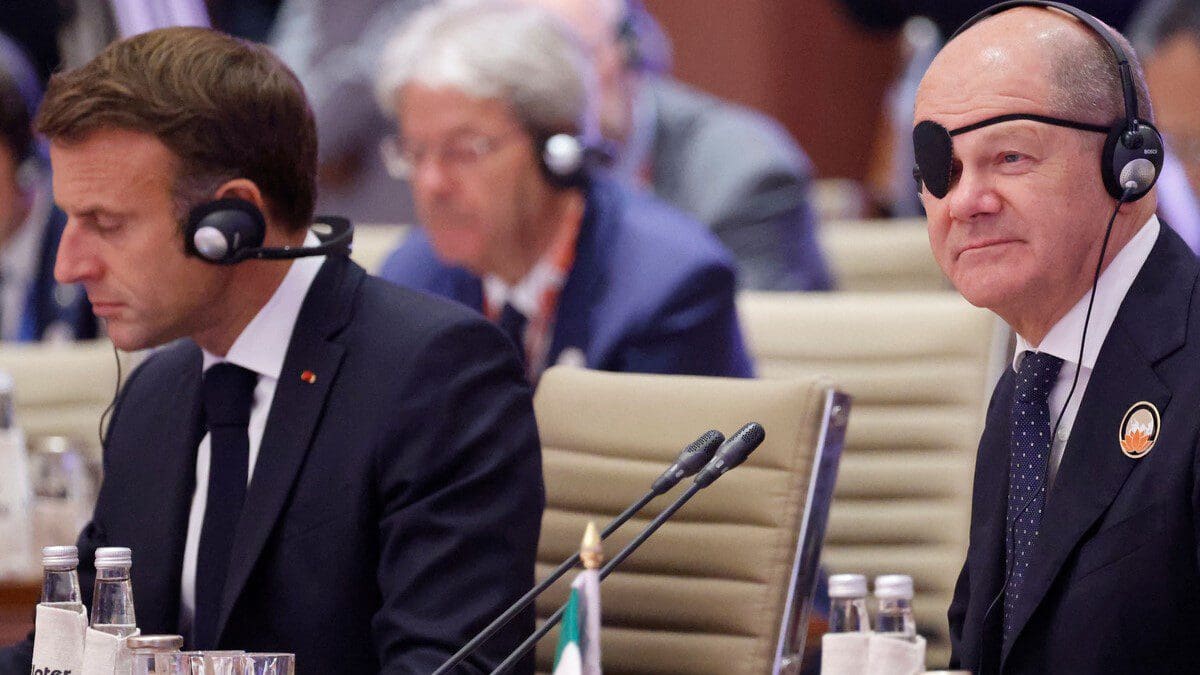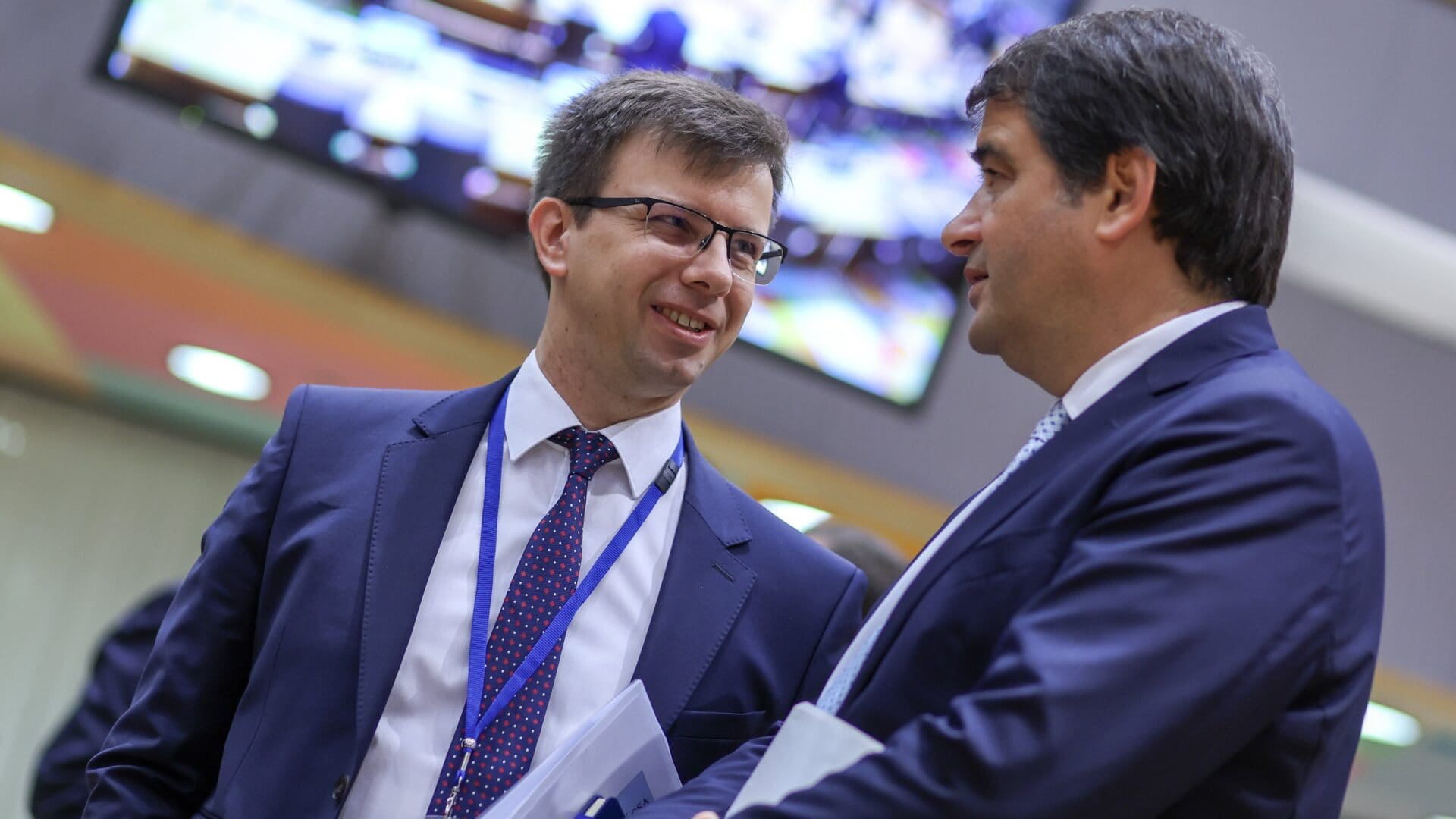
Why the EU’s Ukraine Policy Ought to Be Reassessed
Minister of EU Affairs János Bóka of Hungary told reporters in Belgium on Wednesday that the EU’s policy of sending excessive military aid to Ukraine should be critically re-evaluated. The minister also declared that the EU must demand that the hostages held by Hamas be released immediately and unconditionally.

